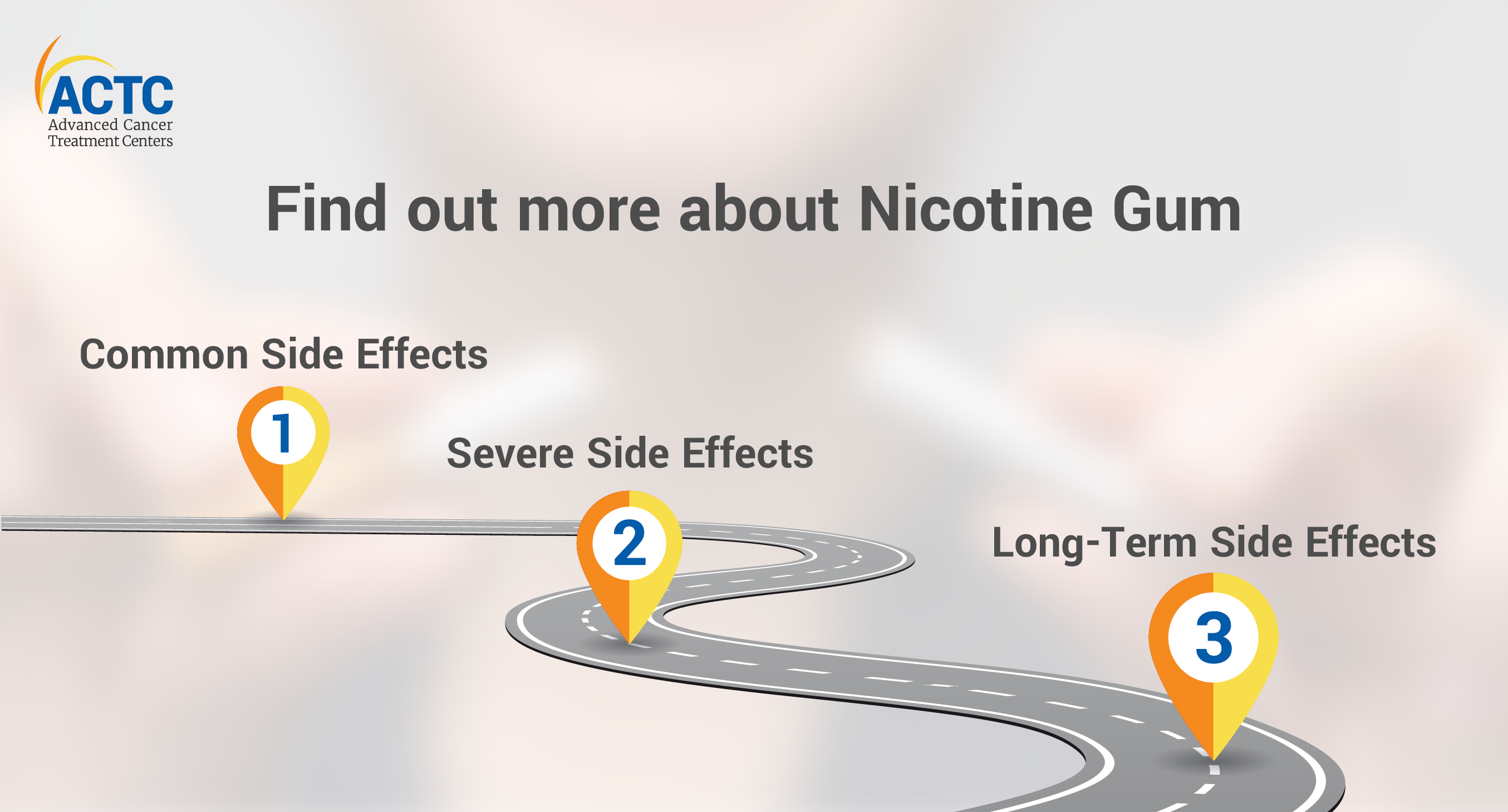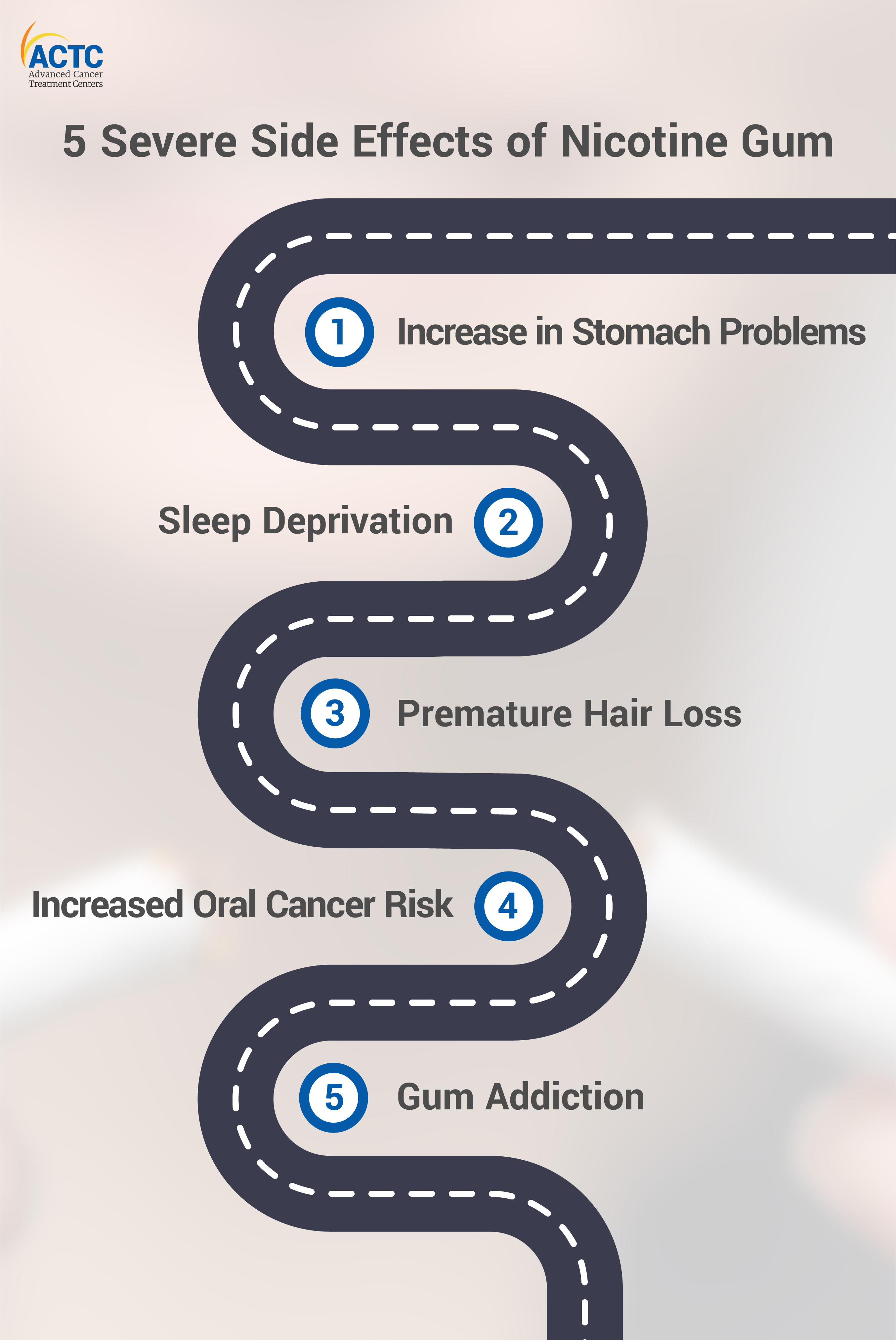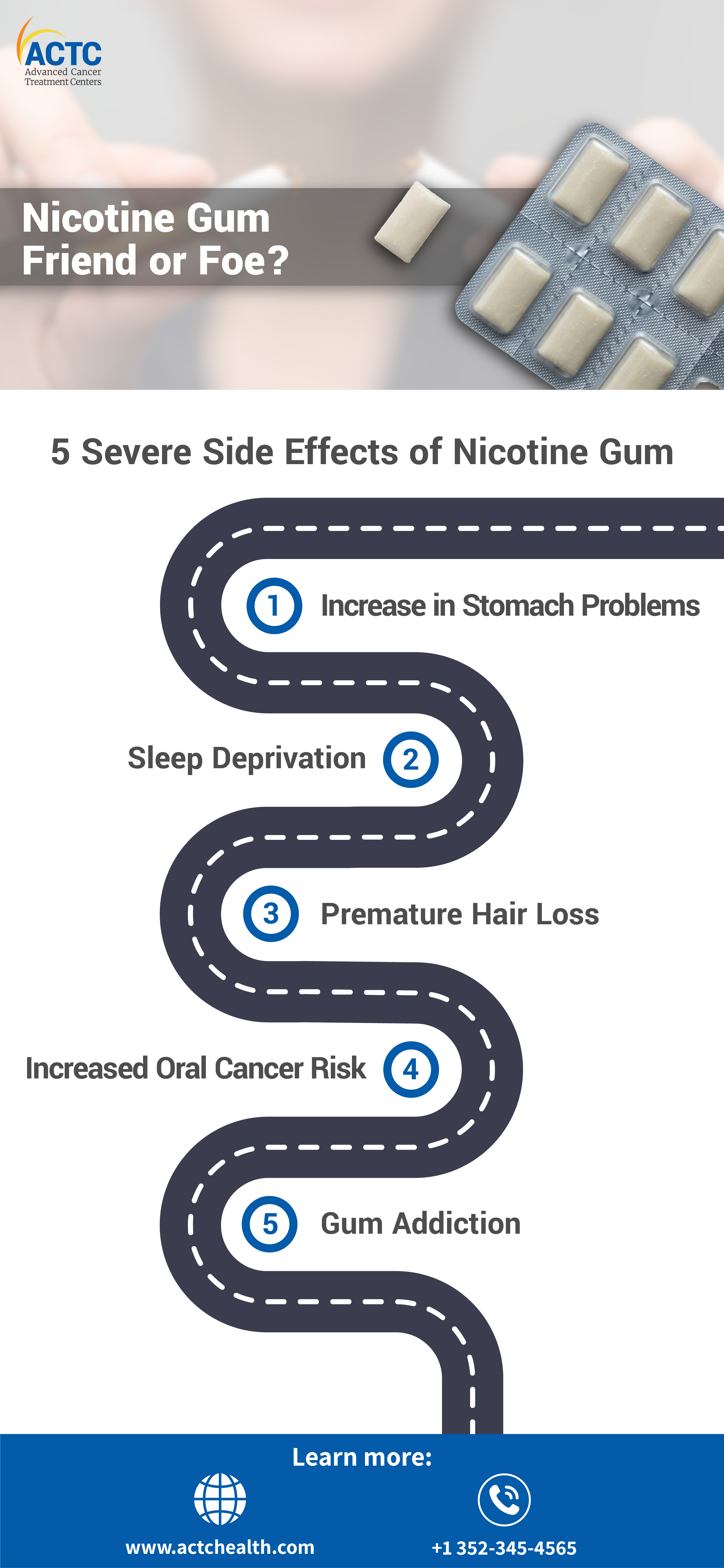
Book a Consultation
Thank you!
Your form has been sent successfully.



March 25, 2021
Here’s some good news: Quitting smoking is among the most common New Year’s Resolutions people make. If you’ve resolved to quit smoking at any time during the year (and not just during the new year), the odds could be stacked against you. Quitting smoking lowers the risk of at least 12 types of cancers*, and that’s just one of the many benefits of quitting smoking. This is why smokers try and try again to quit smoking.
The journey to a smoke-free life is difficult. In the course of this journey, you will experience anxiety, restlessness, irritability, nervousness, and difficulty sleeping. Making it harder to do without your daily fix. These challenges are all part of the withdrawal symptoms that occur because of the body’s physical and psychological dependence on smoking.
Smokers believe that they must smoke in order to feel "normal" and that they cannot finish their daily tasks until they've had their quota of cigarettes, which makes it even more difficult for a smoker to quit the habit as they find themselves unable to function and carry out even basic everyday tasks.
The main cause behind a smoker’s unrelenting urge to smoke is a substance called nicotine that is a part of all types of cigarettes including e-cigarettes. While nicotine is not a carcinogen by itself, it is habit-forming, addictive, and is responsible for keeping people hooked, increasing their cigarette consumption exponentially with time. When inhaled along with cigarette smoke, it produces an artificial sensation of relaxation and creates temporary pleasure. Because of this, it is highly addictive and persistent, turning it into a habit that is very difficult to break.
There are many aids and solutions available to help you to quit smoking. Your doctor may prescribe some solutions such as Nicotine Replacement Therapy (NRT).
Nicotine Replacement Therapy (NRT) is available in the form of gums, tablets, and patches. These products contain a limited amount of nicotine - which satisfies the smoker’s craving for nicotine and is meant to be consumed in prescribed doses to gradually reduce the smoker’s dependence on nicotine till s/he can completely quit the habit.
NRT however has its share of problems, especially when undertaken for extended periods of time and in excessive amounts,
Is nicotine gum bad for my health in the long run?
Will nicotine gum make me addicted to it?
Will the long-term effects of nicotine gum result in additional health problems?
Let us go over all you need to know about nicotine gum in this article.
Read more: 3 Reasons Why World Cancer Day is Important

Nicotine gum is available in the form of 2 and 4 mg dosages and helps relieve cravings and withdrawal symptoms of smoking. Nicotine gum must be consumed as per the doctor's prescription. It is not meant to be used in the same manner as regular chewing gum.
Nicotine gum is intended to address the craving without the user needing to smoke a cigarette. This way it successfully ensures the elimination of other harmful elements that cigarette smoke is made up of.
Nicotine gum, when used for extended periods of time, can have negative consequences on health.
Read more: A Complete Guide to Exercise During Cancer Treatment
Although it is crucial for everyone to consult a healthcare provider before taking nicotine gum, in certain cases, individuals need to be more precautious. Inform a medical professional about the following conditions:
Moreover, there are certain medications like antidepressants or blood thinners, which can interact with nicotine gum and cause side effects. Therefore, contact a healthcare center and consult a primary care physician if you are trying to quit smoking.
The common side effects of nicotine gum include the following :

Chewing nicotine gum is different from having regular gum. You briefly chew it before "edging" it between your cheek and the area under your teeth. Thus, the majority of the nicotine is absorbed in your mouth. Below is a breakdown of the severe side effects of chewing nicotine gum.
Nicotine gum triggers abdominal distress and nausea if it is chewed often and for a prolonged period. It may also cause bloating and indigestion in some people.
Those who have been using nicotine gum for over six months tend to complain of recurrent nightmares and disruptive sleep that may lead to other severe health conditions such as obesity, diabetes, fatigue, and overall decreased quality of life.
The excessive consumption of nicotine in any form can damage hair follicles, causing hair loss. If consumed for a long time, nicotine gum can hamper blood circulation which also leads to premature balding.
Long-term use of nicotine gum has been associated with mutations in their FOXM1 gene and oral cancer previously. However, recent research has pointed out that nicotine may not have harmful carcinogenic effects.
Read more: 5 Ways to Lower Your Risk of Oral Cancer
Even though nicotine gum holds a much lesser quantity of nicotine than cigarettes, it can still be addictive if taken for too long. When nicotine gum is chewed, the nicotine in it is absorbed by the tissues that coat the mouth and is passed into the bloodstream. Over time, the body becomes habituated to these small shots of nicotine, and it becomes even harder to quit the nicotine addiction.
A study conducted by the National Library of Medicine shows that:
The main component of cigarette smoke is nicotine. When used for a prolonged period of time, it can cause the following:
Therefore, the use of nicotine replacement treatment should only be limited and minimal.
In the process of trying to quit smoking, consuming nicotine gum may reduce the intensity of initial withdrawal symptoms and keep you off cigarettes by satisfying your craving for the carcinogenic compounds found in cigarettes. But it is vital to slowly let go of these smaller doses of nicotine as well before your body starts depending on them. For any concerns about cancer diagnosis and treatment, contact ACTC, one of the best cancer treatment centers in Florida, and consult our oncologists.
*Data retrieved from the Center for Disease Control and Prevention on the effects of quitting smoking.



January 07, 2026
A chemo port is a small device placed under your skin that makes recei...
KNOW MORE

December 24, 2025
It's natural to wonder if testosterone replacement therapy (TRT) is sa...
KNOW MORE

December 24, 2025
A rash that will not calm down is scary, especially when it changes or...
KNOW MORE

December 24, 2025
Florida’s lung cancer burden remains significant and affects many fa...
KNOW MORE

December 24, 2025
A partial hysterectomy, also called a supracervical hysterectomy, is s...
KNOW MORE

December 24, 2025
Finding a rash on your breast can be unsettling, but remember, many ra...
KNOW MORE
